Who are you writing for? Who is your audience in your writing? If you’re not sure, you’re not alone—and discovering your audience will do wonders for your writing.
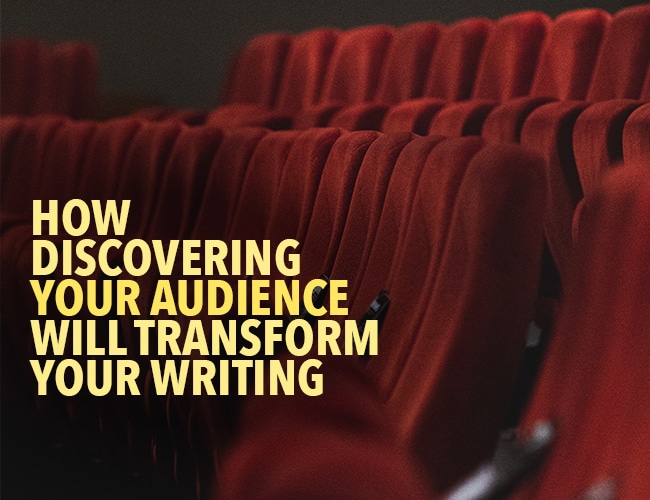
At The Write Practice, we publish a new article each day designed to help writers tackle one part of their writing journey, from generating ideas to grammar to writing and publishing your first book. Each article has a short practice exercise at the end to help you immediately put your learning to use.
Check out the latest articles below or find ones that match your interest in the sidebar.
And make sure to subscribe to get a weekly digest of our latest posts, along with our free guide, 10 Steps to Become a Writer.

Who are you writing for? Who is your audience in your writing? If you’re not sure, you’re not alone—and discovering your audience will do wonders for your writing.
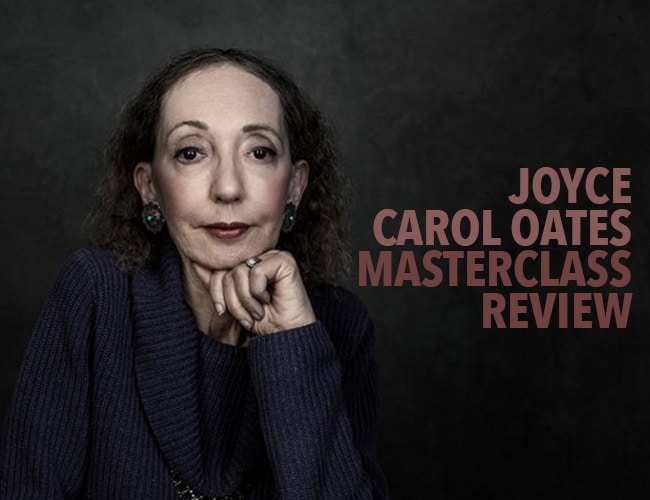
I was scrolling through social earlier today and discovered something amazing: Joyce Carol Oates is teaching a MasterClass! And on short stories, nonetheless, which happens to be my forte. I’m so excited to have the opportunity to take this MasterClass, learn from an unparalleled literary giant, and write a Joyce Carol Oates MasterClass review.
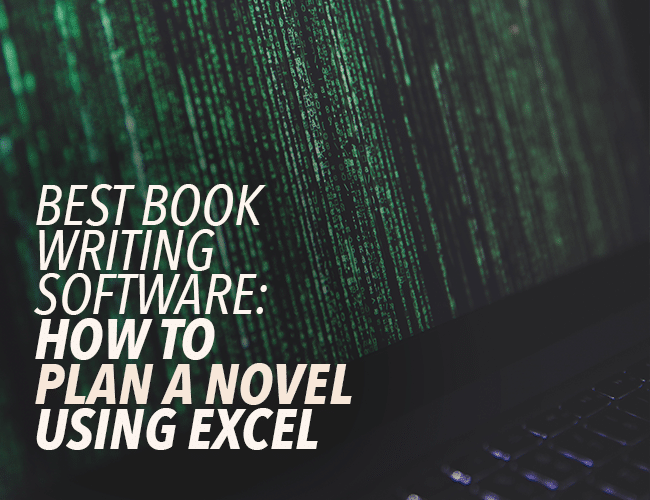
While finding a word processing tool you are comfortable with is crucial to writing, there are other types of book writing software that are just as important. Before I wrote my first novel, if you’d told me that an important part of my book writing software arsenal would be a good spreadsheet, I would have said you were crazy.
Now that I’ve published three novels, I realize my plots and worlds would never make sense without them.
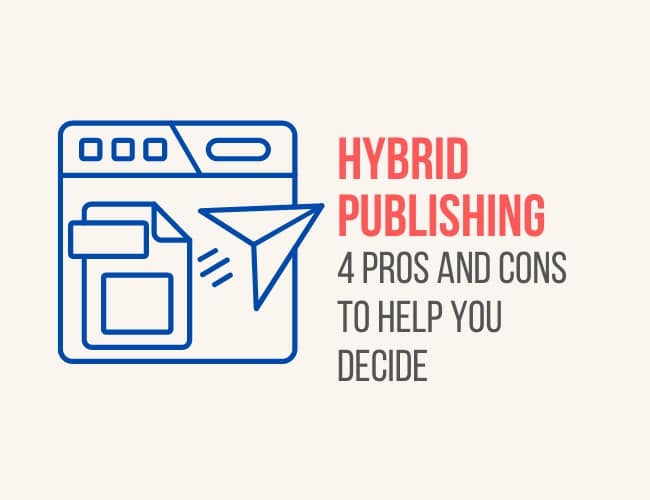
Have you been tirelessly searching for the perfect way to give your literary masterpiece the life it deserves? For ages, traditional publishing has been the shining lighthouse of success, while self-publishing has carved a unique trail for those who treasure their autonomy.
But what if I told you there’s another path that combines the best of both worlds? Welcome to the realm of hybrid publishing, a model that balances the creative liberty of self-publishing with the professional support of traditional publishing.
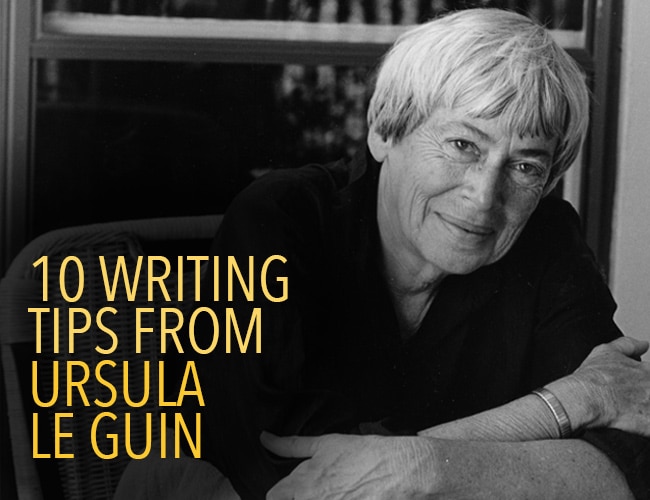
Le Guin was a “genre” writer who constantly pushed the boundaries of what we think of as genre. Besides sci-fi and fantasy, she wrote poetry, creative nonfiction, and literary fiction.
I honestly believe she will go down in history as one of the greatest writers, literary or otherwise, of the 20th century.
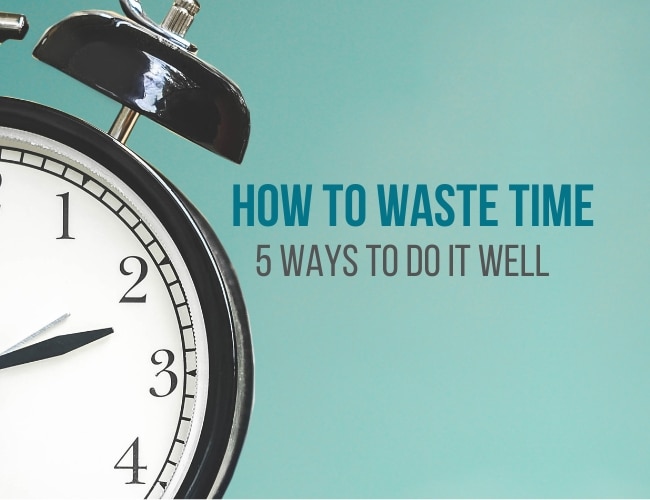
If you’ve ever found yourself wasting time or just overwhelmed with time management in general, today’s guest writer has an interesting perspective on how to waste time as a writer—and still invest in your personal growth and quality time with those people and things you want most.
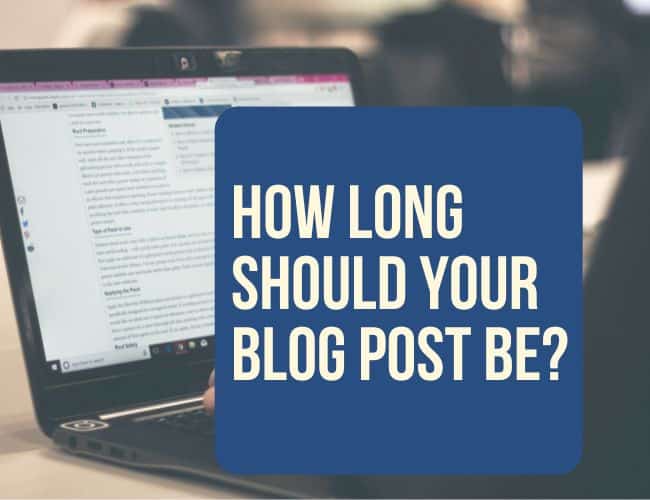
I was at a meetup with a group of bloggers recently when someone turned to me and asked, “What do you think is the perfect length for a blog post? How long should my blog posts be?”
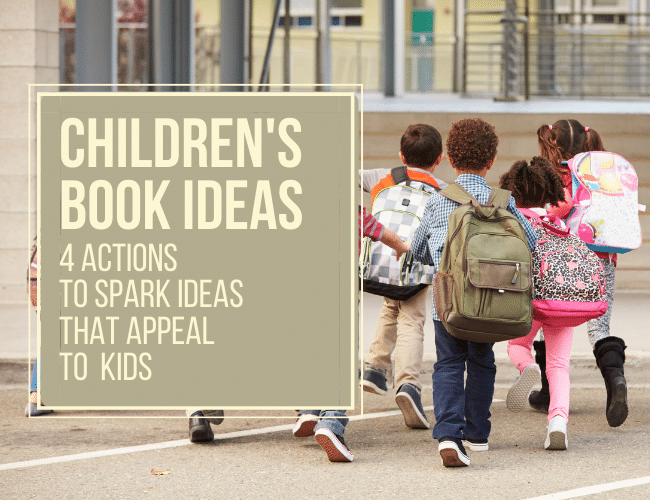
Do you want to write a children’s book but struggle to come up with great children’s book ideas?
You’re not alone in this. All too often do budding writers (or seasoned ones!) sit down to write their book for kids and stare, glossy eyed, at a blank page—for hours.
Sometimes this discourages writers so much that they give up on their idea altogether. They assume an idea will come to them when the muse decides to speak up.
Writers don’t have to wait for the muse, though. This article shares strategies that can help you come up with your next great book idea—particularly if you want to write a book for children.
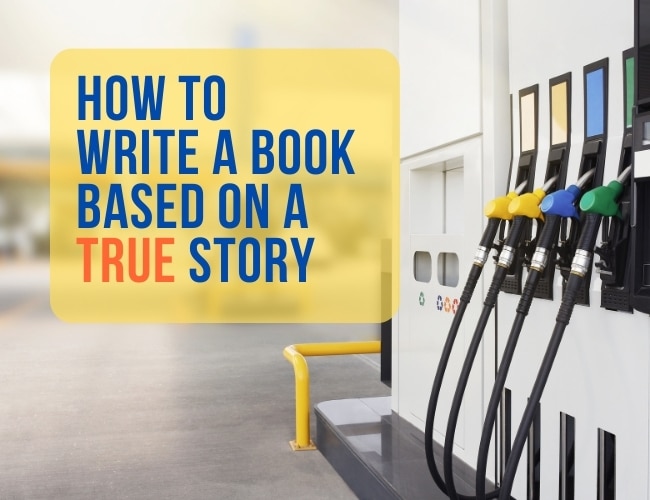
Life is filled with stranger-than-fiction moments. You might be wondering, though, how do you know how to write a book based on a true story? Because in practice, it’s much harder than it sounds, right?
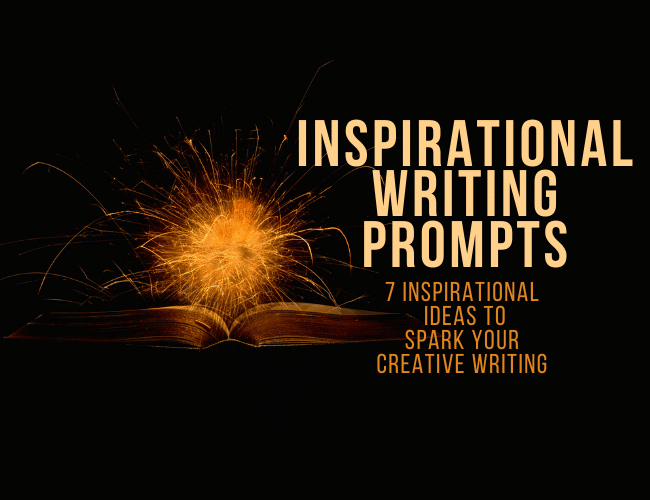
Where do you find story ideas? Here are seven inspirational ideas to fuel your creativity. What kinds of stories will these writing prompts lead you to tell?